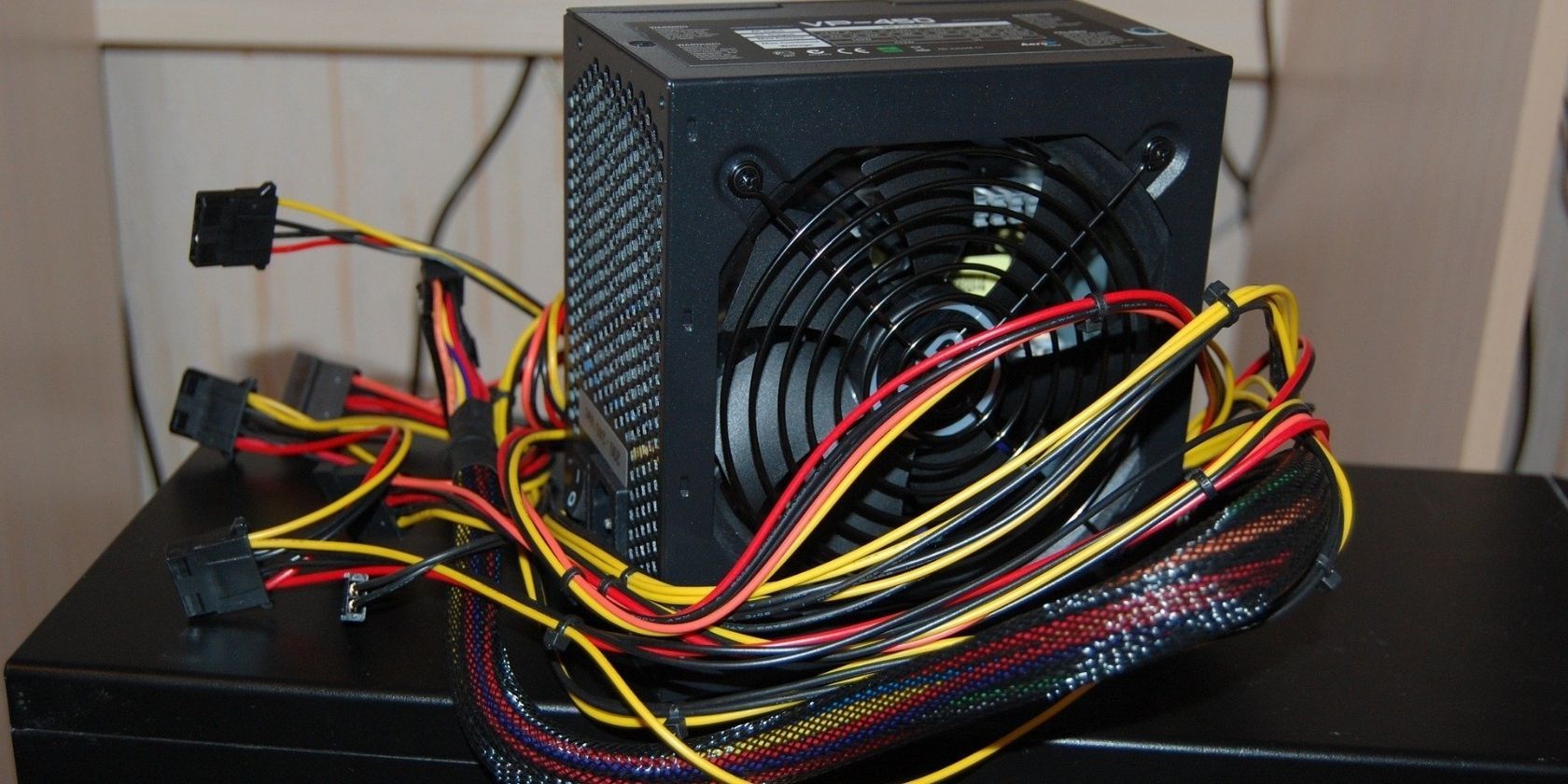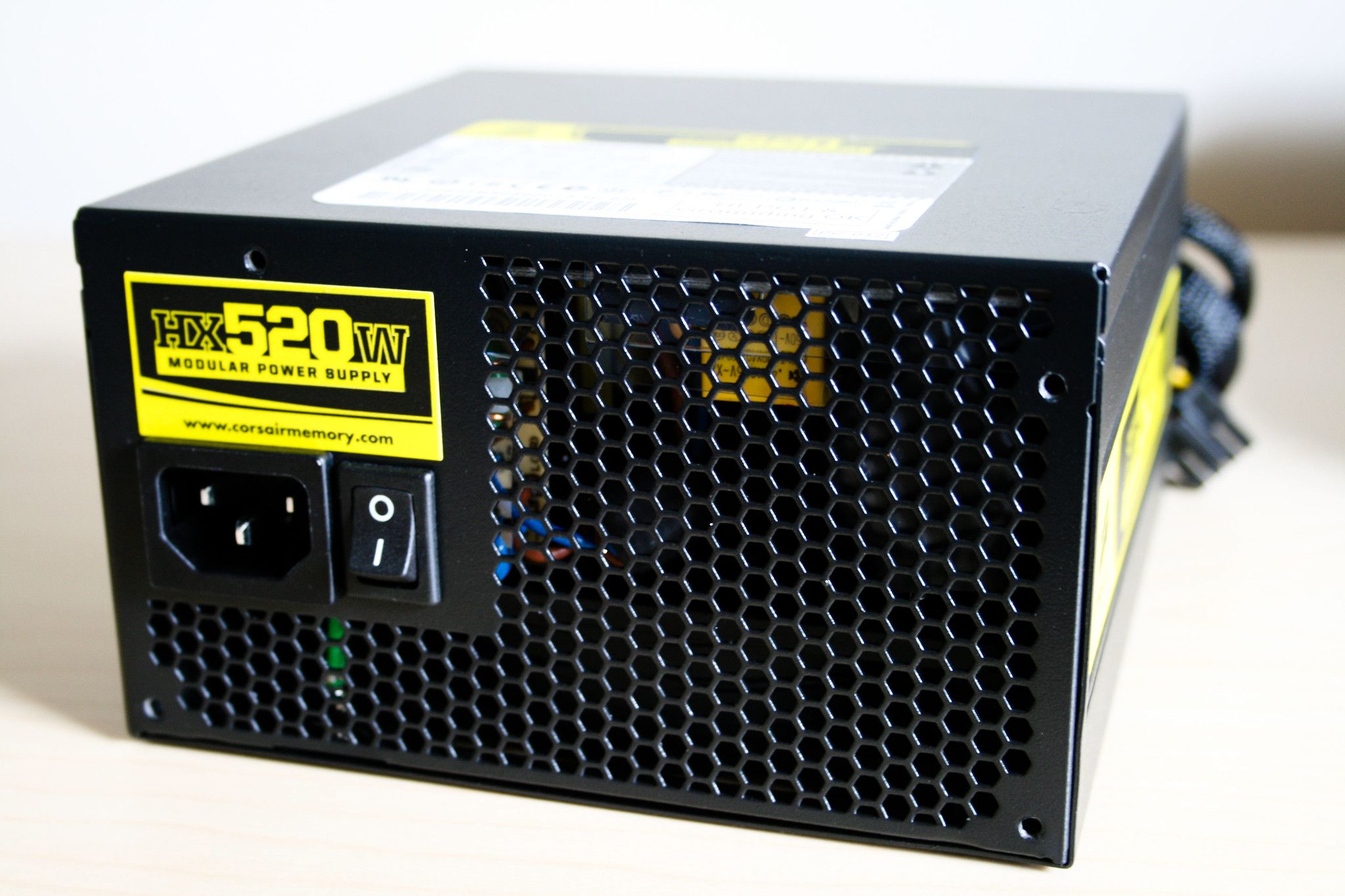As many gamers and PC enthusiasts know, there are several reasons to buy a modular power supply. These include the convenience of accessing all your components without having to remove any cables first, the ability to clean up after yourself by only plugging in what you need, and more.
In this article, we'll go over seven different reasons why you should always purchase a modular PSU.
What Is a Modular PSU?
A modular power supply unit is a type of power supply that has been designed to make it easier for the user to work with. In addition, the connectors and cables are detachable, which makes it much easier to install and manage within your PC case.
It also makes the design much more space-efficient, as you don't need to take up any extra room with wiring that's not being used. There are many reasons why you should always buy a modular PSU, but we've narrowed them down to seven. We’ll examine each of them in the following section.
Seven Reasons You Should Buy a Modular PSU
Let's get right in.
1. Modular PSUs Offer Great Cable Management
When you're putting together a PC or adding components, this modularity makes life much easier. You can put all your components in place, then plug in the modular cables you need. This allows for much easier cable management than non-modular PSUs.
2. The Ability to Clean Up After Yourself
Along the same lines, modular PSUs allow you to keep your tower case clean and uncluttered, allowing for optimal airflow through the machine. Many modular PSUs have an intake fan that pulls clean air directly into the unit itself.
3. Easier Access to All Your Components
The modular structure of modular PSUs makes it much easier to access all your components at once; you don't have to remove any wires before accessing them.
This is great if you're adding or changing parts while your computer is still running. It's also a great way to clean out your tower area. Just unplug the modular cables you don't need and use compressed air to blow out the dust.
4. Better Cable Management Results in Better Power Flow
If you're building a high-end gaming rig, modular PSUs can help provide better power flow through your computer components: all those modular connectors allow for an uninterrupted connection between the PSU and other PC components, resulting in more efficient power transfer that won't bottleneck your computer's performance.
5. Never Trip Over Your Cables Again
When you have modular PSUs, it’s easy to pull out only what you need without worrying about tripping over wires or accidentally pulling them loose from their components.
6. You Can Unplug Cables to Clean or Replace the PSU
This is related to the first point, but you can plug modular connectors in when needed and easily unplug them if you're not using them. When you remove modular cables from their sockets, it makes cleaning out dust easier.
Dust usually builds up inside your tower case, decreasing airflow and slowing down your computer's cooling system. This is a big problem for gamers who want higher-performance hardware with overclocking capabilities.
Another bonus is that if there is an issue with the PSU itself, you don't have to unplug every component connected to your PSU, as you would have to with a non-modular PSU. However, if you have a modular PSU, you can disconnect the cables from the power supply, then switch the unit out, leaving all of your cables in place and ready for the replacement.
7. Modular Power Supplies Are Better for Continuous Performance
Last but not least, modular power supplies are better for continuous performance than non-modular ones because they don't hold heat within them as much as non-modular PSUs. This helps lower your operating temperatures and increases system stability, reliability, and reduces the overall amount of power consumption.
Ready to get your modular PSU? Here are some things to keep in mind to help you make the right choice.
Factors to Consider When Buying a Modular PSU
Let's look at the factors you need to consider before buying your modular PSU.
Make and Model
First, modular power supplies come in a lot of different shapes and sizes. Therefore, you'll want to pay attention to the modular PSU form factor as well as its model number. This information is usually displayed on the modular power supply's packaging and box.
Warranty Length for Components
The modular PSU warranty length is an important thing to consider as well. With modular PSUs, you usually get a warranty that covers modular cable replacement and not much more. Make sure your modular PSU of choice has a long enough warranty for the components it will power.
Power Output
The next thing you're going to want to do is look at the modular power supply's wattage output. Make sure the modular PSU you buy has modular options that match your PC build.
Modular Cable Options Available
You'll also want to choose a modular PSU with modular options that suit your needs. For example, if you plan on using a graphics card, hard drive, and solid-state drive, you'll need to find a modular PSU with the correct number of connection ports.
You can find out what modular cable options are available for different modular PSUs by looking at the product specifications on their packaging and box. This is worthwhile, as you don't want to waste money on extra modular cable space if you'll never use it.
Price
Finally, modular PSUs can vary in price depending on the modular power supply's form factor and modular cable options available. There are modular PSUs that will fit your budget and other high-end models. Pick one that fits your budget and needs.
Should You Buy a Modular PSU?
Modular PSUs are great, but they're not for everyone. If you want modular options, then it makes more sense to buy a modular PSU. But if you don't think you'll ever need modular options (who doesn't?) or just prefer things to come in a single box for ease of use, you could opt for a semi-modular or non-modular PSU.


